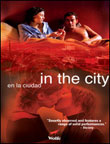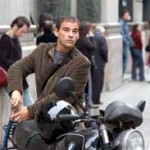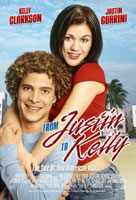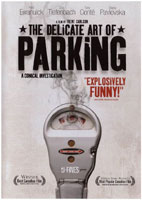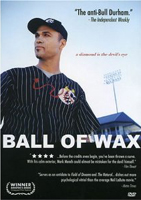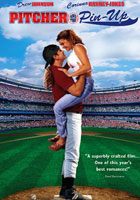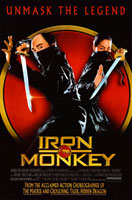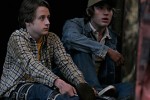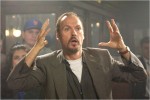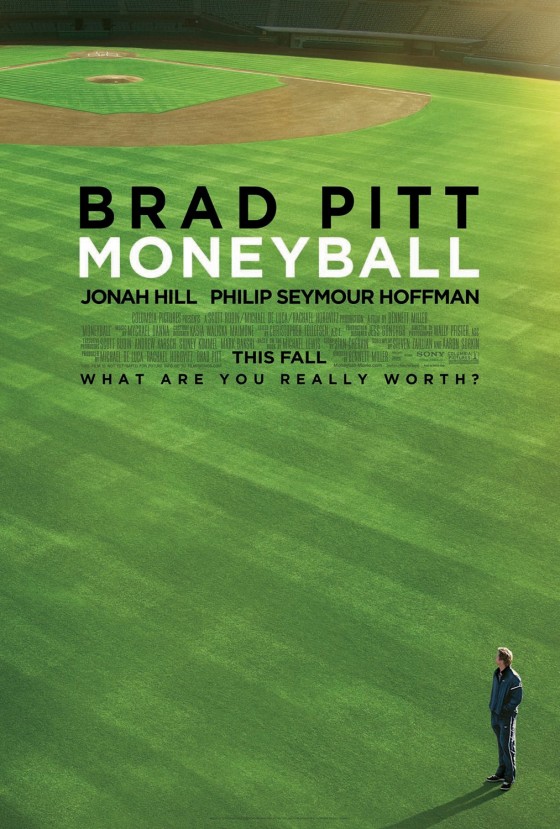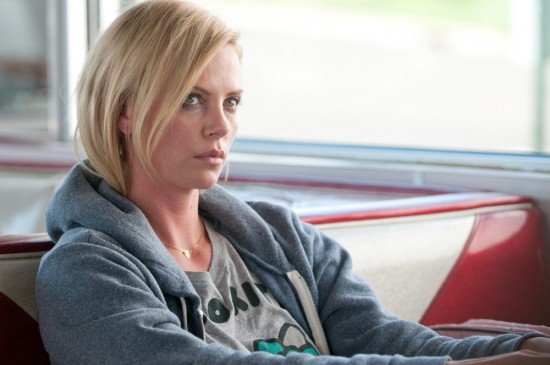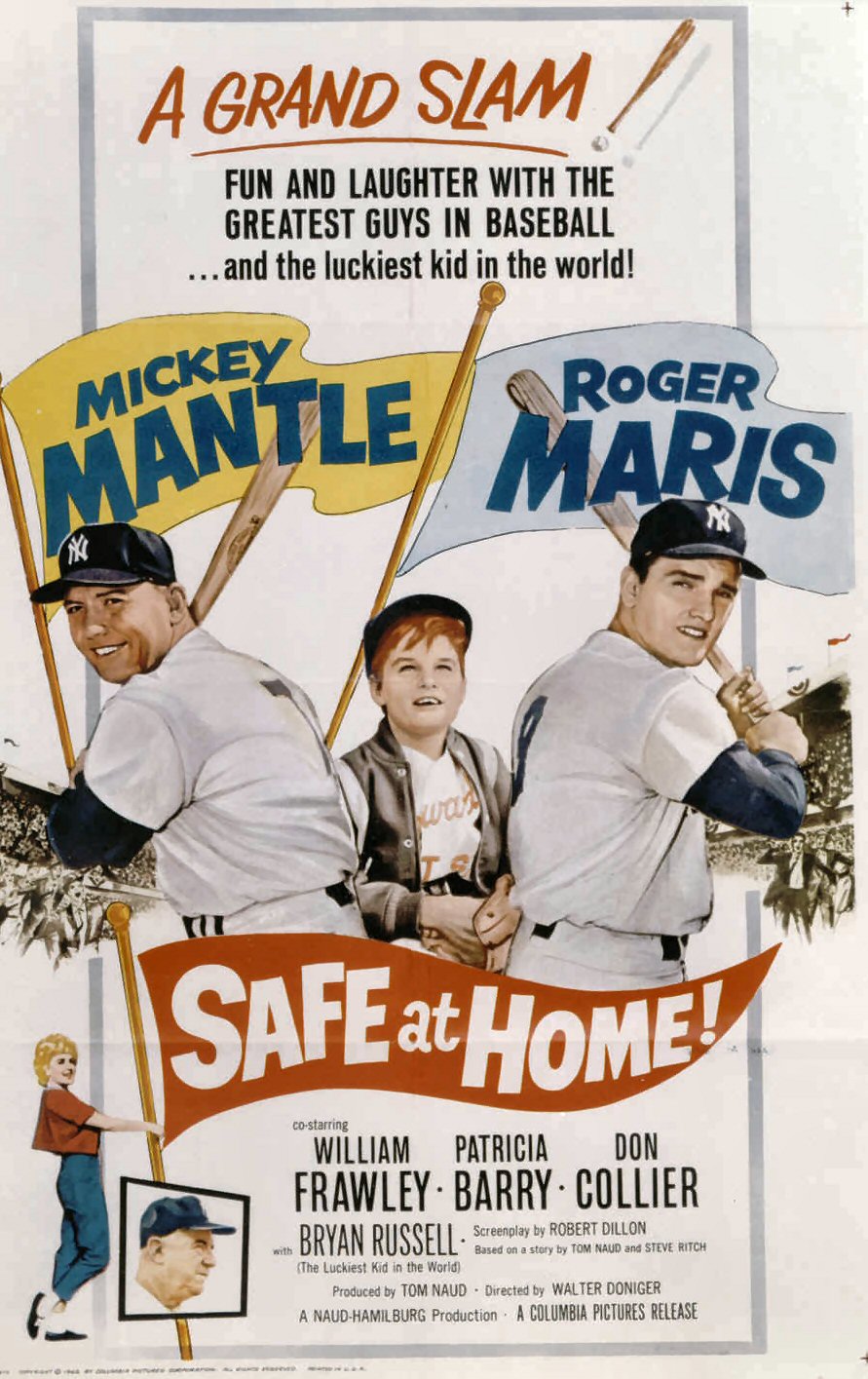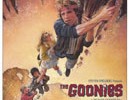With its similar title and premise, Cesc Gay’s In the City could easily be confused for a cross-gender equivalent to TV’s female-aimed Sex and the City by way of Barcelona. Denys Arcand light is more like it in the end though.
In the City focuses on a large group of upper-class folks, most of whom are well into mid-life mode either through their marriage, careers or both. Some have kids, some don’t; some have nice jobs that pay gobs of money, some wait tables. What this handful-or-so do share is an affinity for sex, one of the most natural of human desires. Of course we attach the instinct to emotion and we get conflict. And when you throw a large group into the mix there’s lots of conflict, which you would think would lead to more emotion.
Not so. In the City struck me as being somewhat removed from its subjects, teasing the viewer with lots of possible points of view but never settling on a single one. I have to admit that I sometimes have troubles with ensembles, especially the ones where everyone is given equal filling. Without a dominant voice or perspective, I find it hard to tell characters apart at times as they all keep coming fast with not a lot of differences between them. Exceptions exist (John Sayles’ Maetwan comes to mind) but it’s tough to pull off and unfortunately In the City didn’t do it for me.
Part of the fact might be because I don’t see much of myself in any of the characters. They’re all from the upper reaches of society and their troubles seem to largely stem from business-related issues and matters of relationships. That’s not me so it’s very hard for the film to talk to me like it might someone who’s struggling with their relationships. I don’t know if class should necessarily matter when you’re watching a film, but I find it hard to relate with people in a class clearly above the one that I live in. While I don’t consider myself poor or troubled, I do think that be setting the characters above the majority of its potential audience then some of the meaning is also lost.
In the City looks and sounds a lot like Denis Arcand’s Decline of the American Empire and its sequel The Barbarian Invasions. The cinematography is largely bland, getting the job done efficiently but without a lot of personality. Instead the focus is on the many conversations and the issues brought up through talking heads. While the dialogue is believable, there is some distance in its frankness. These are meant to be believable characters yet quite often they seem to dance around the issues just enough to not allow the viewer the insider access needed to take the stories to another level. While I found Mike Leigh’s Closer very hard to watch for a lot of the same reasons I have mentioned above, its brutal honesty enabled the film to get under my skin even though I couldn’t relate to the characters much.
In the City left me feeling cold and removed. Because it doesn’t have much new to say about complex relationships or new insights into the most promiscuous of human flaws, I sadly was left wondering what the point of it truly was.
In the City Gallery
